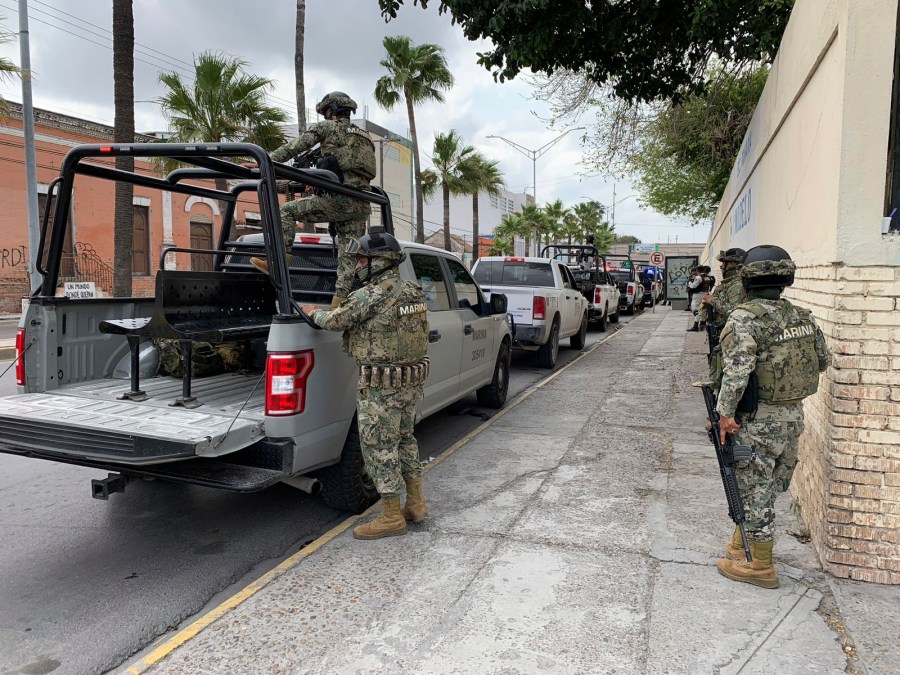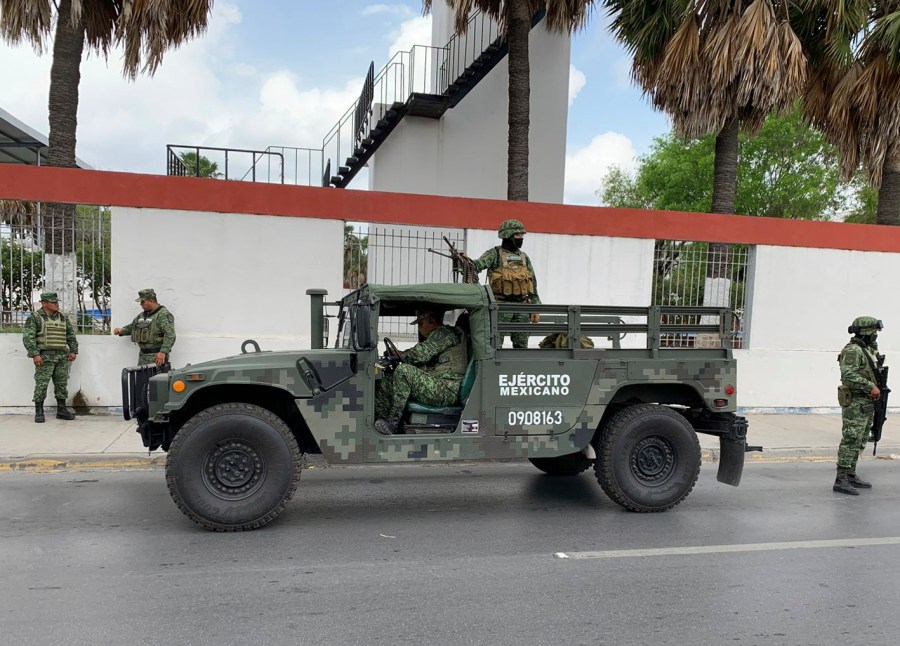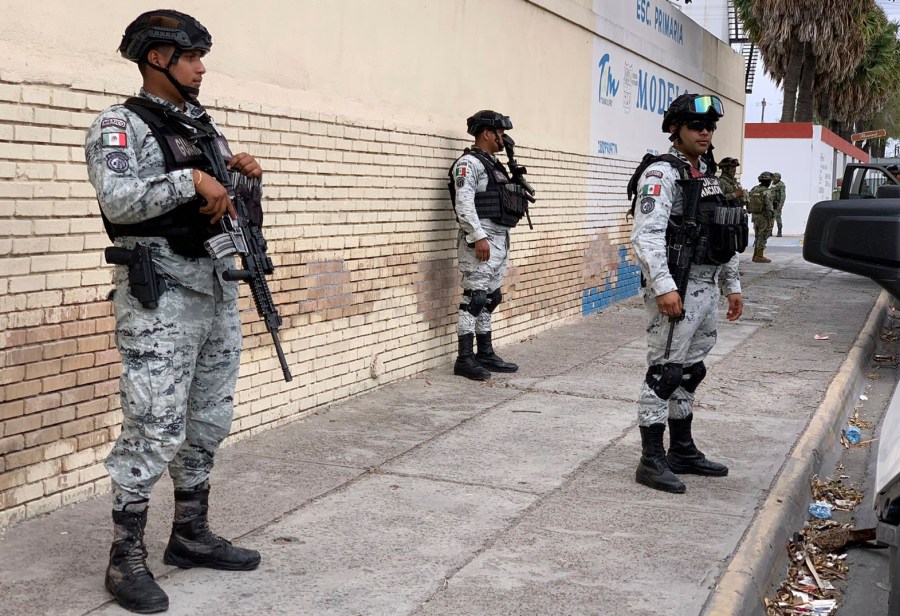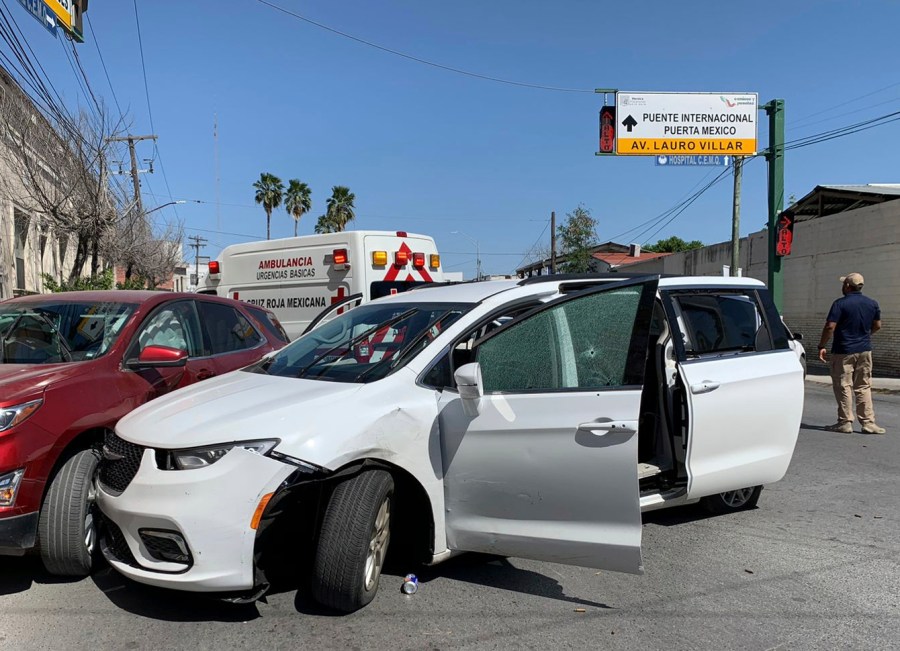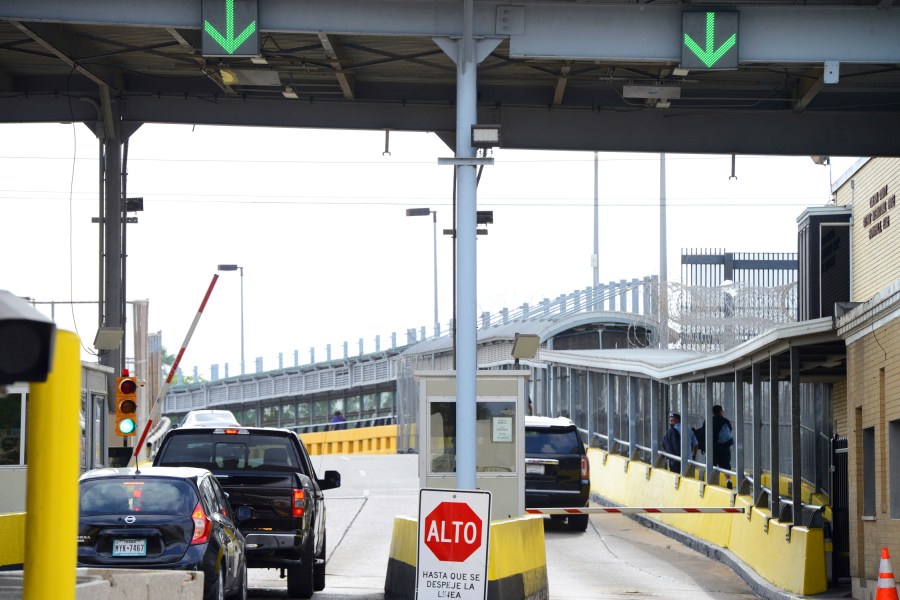‘Wrong place, wrong time’: Experts on kidnapped Americans
CIUDAD VICTORIA, Mexico (NewsNation) — The Tamaulipas State governor said two of the four kidnapped Americans were found dead Tuesday after they were kidnapped last week after crossing into Mexico, according to the Associated Press. A third individual was discovered injured and the fourth unharmed.
The four had entered the border town of Matamoros, across from Brownsville, Texas, on Friday and were traveling in a white minivan with North Carolina license plates.
“Absolutely sickened that it ended this way,” former FBI agent Jennifer Coffindaffer said. “But I have to say, not completely surprised. These cartel groups, these gangs, are ruthless.”
The family reported the four were traveling to receive a medical procedure at a cheaper rate, but former FBI Executive Assistant Director Josh Skule said his first gut instinct was they were down there for something other than that.
“They ignored the ‘do not travel’ warnings into a very dangerous area,” Skule said. “This area of Mexico is very hotly contested. It’s an ongoing civil war, the Gulf Cartel, obviously very violent. Everybody should be concerned about traveling into that area.”
The U.S. State Department’s travel warning for Tamaulipas state warns U.S. citizens not to travel there. However, being a border city, U.S. citizens who live in Brownsville, or elsewhere in Texas, frequently cross to visit family, attend medical appointments or shop. It would also be a crossing point for people traveling deeper into Mexico.
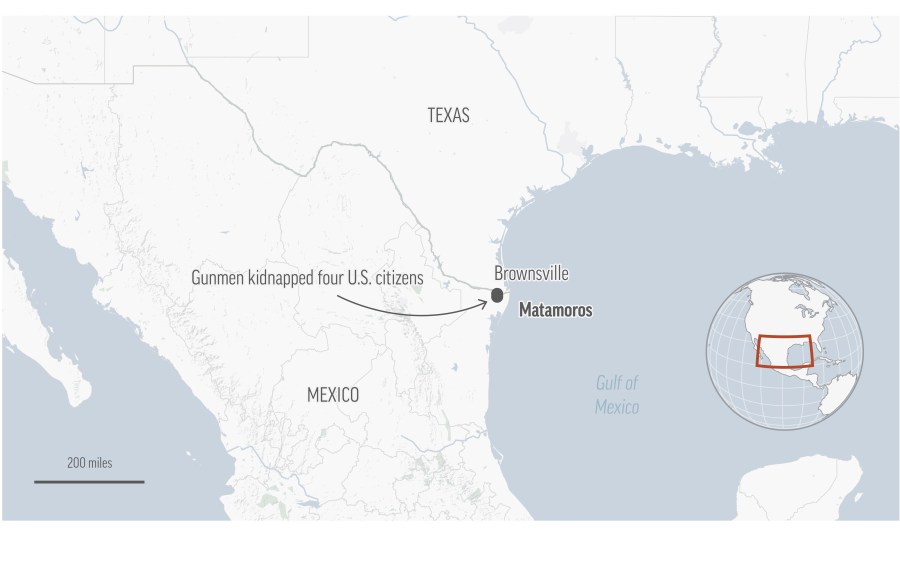
The State Department actually issued Level 4 do not travel warnings for six Mexican states, including Tamaulipas, where the abduction happened. In all, there is some kind of travel advisory in 30 of 32 Mexican states for U.S. citizens.
“The message should be just that: It is not safe,” Coffindaffer said. “It is being completely overrun by these cartels and there’s so much political corruption that exists as well.”
Skule said that money is an incentive for a cartel to kidnap Americans.
“Mexicans, especially the cartels, believe that all Americans are wealthy,” Skule said. “And it looks to be a case of mistaken identity.”
The FBI deployed a host of resources through the San Antonio field office, including the Critical Incident Response Group, which has hostage negotiators who are well-versed in these types of situations, Skule said.
Skule also said that the legal attaché in Mexico City — the FBI senior representative to the embassy in Mexico — worked on the case, as well as interlocutors with the intelligence community and the Drug Enforcement Agency. All agencies looked to get information to determine the whereabouts of the four innocent victims.
While the FBI is the agency that led this operation, author and former Secret Service special agent Evy Poumpouras said she thinks the primary source of information would come from the DEA because it is the agency that directly deals with cartels in that area.
Poumpouras said these agencies would likely use tactics like wiretapping and intercepting communication to hear any dialogue about what is happening in hopes they could pinpoint where the four individuals might have been taken.
“This is going to be a very difficult situation. And I do think, you know, in line with what your previous experts were saying, this seems to be something that’s wrong place, wrong time,” Poumpouras said.
Poumpouras continued, “The only thing is, there’s always been violence in this area, very bad violence. This isn’t anything new. Even migrants crossing through, they’ve experienced murders, assassinations, they use them to move drugs through, and they also sexually assault the women passing through. So these cartels are extremely powerful. They control the borders, hands down. And so this is going to be quite a challenge.”
The FBI offered a $50,000 reward for the victims’ return and the arrest of the kidnappers, but Poumpouras said she doesn’t believe any people living in that area would risk giving any information for that amount of money, especially since they are already living under “such duress.”
“These types of cartels, they don’t just harm you. They don’t just go after you. They go after your entire family. So I don’t see anything coming of that. I would be surprised,” she said.
Former U.S. Attorney General William Barr recently compared Mexican drug cartels to ISIS, saying the U.S. needs to designate the cartels as terrorist organizations.
Poumpouras agreed with Barr’s assessment. She said these groups operate on the same level as terrorist groups: “They are heavily armed — well-armed — even better armed than the police or local authorities down there. They have all the power, they control everything.”






